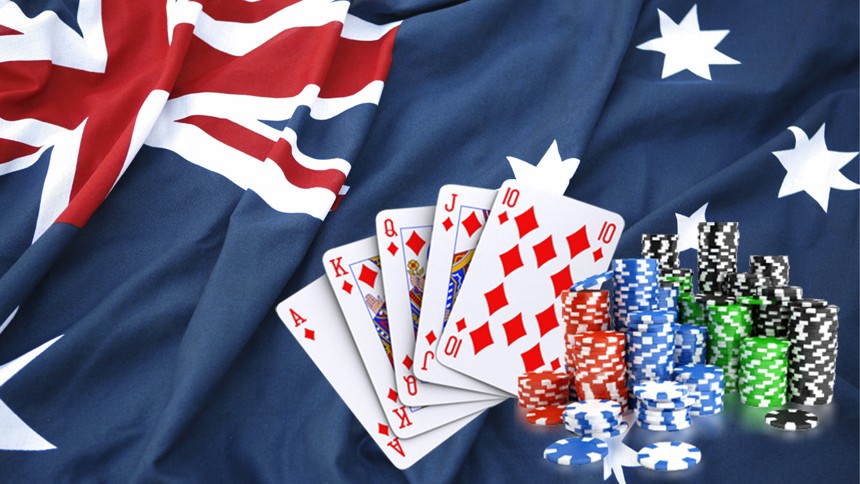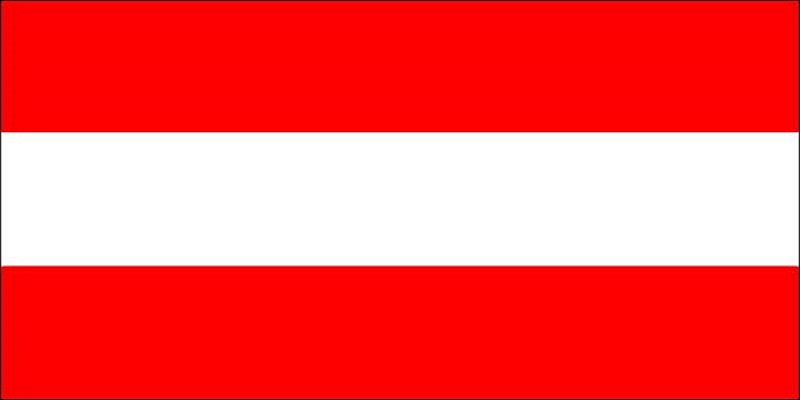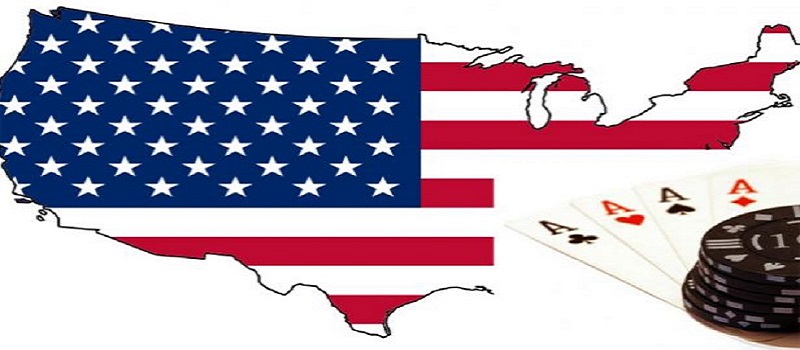 Steven Cohen, a Toronto lawyer who valued so much play 7 cards Stud that he decided to leave his use of $ 200,000 per year for a career as a poker player full-time... but things have not gone it wished.
Steven Cohen, a Toronto lawyer who valued so much play 7 cards Stud that he decided to leave his use of $ 200,000 per year for a career as a poker player full-time... but things have not gone it wished.Mr. Cohen began with huge confidence, believing that it could make about $ 150,000 during its first year playing small stakes tournaments, and then he planned climb gradually limit and withdraw $ 500,000 annually. It was ready: he had read several books, he had attended a seminar of game in Las Vegas and was attempting to improve its way of bluffing and his reading of his opponents.
It then join many sites of online game, playing up to 8 hours per day. He also traveled to Las Vegas and Niagara Falls to play tournaments in casinos. Things started well for him, but the chance quickly turned. At the end of 2006, its first year as a professional player full time, Mr. Cohen had lost $ 122,000. The amount was large enough so that he renounces his life as professional poker player.
Tax time came, he claimed to have had a loss of $ 122,000, deductible as a "business expense". Mr. Cohen claimed that being player professional, he was entitled to this deduction. The Agency of revenue of Canada was not of this opinion and rejected the claim, arguing that Mr. Cohen poker was a hobby and not a business legitimate.
The case therefore found itself before the Canadian Tax Court. In its verdict, the judge said that Mr Cohen had failed to demonstrate that he was engaged in a business with a reasonable expectation of profit. Commenting on the book purchases and the seminar attended by Mr. Cohen, the judge said: "I take cognizance of office to the fact that many amateur chess players have a small library on the game, different shots and famous players. There are not for as many professionals simply because they possess this material. The fact that Mr. Cohen has lost money each month, including its three months while playing parts with smaller issues, do even not suggest a superior skill for this level of play."
The judge also criticized business plan of Mr. Cohen, arguing that it was insufficient and there was no adequate budgeting, no tax planning or no funding. The main source of funding for Mr. Cohen was an increase in the limits of its credit from $ 27,000 to $ 40,000. With regard to all the foregoing, the judge said that Mr. Cohn has not demonstrated that he had planned his activities as constituting a profession, a job, a business or an adventure that may fall within the definition of a business.
Mr. Cohen, who has since opened a lawyer's office, said he is disappointed by the decision but will not appeal: "I obviously disagree with the findings of the judge, which basically regurgitated the arguments of Revenue Canada Agency in its judgment. I would have not taken my case as far as I have if I didn't have the firm conviction that I have led a company from poker in 2006 ".
Benjamin Alarie, Professor of law at the University of Toronto who studied the imposition of poker winnings, said that there are more and more cases like that of Mr. Cohen, because more and more Canadians are playing poker online. Professor Alarie indicates that there is a big difference between playing poker recreationally and try to become a professional. Recreational players are not taxed on their earnings, but they cannot deduct their losses. "There are a number of young Canadian players playing poker online and, paradoxically, living in the basement of their parents and earn large sums. They are in a difficult situation: are they professional or not? They do not really rely on gains they make to live, but they are of considerable sums of money. Should they consider themselves as professional or not?"to question Professor Alarie.
Mr. Alarie adds that, so far, very few players have been able to convince the Agency of revenue of Canada and the courts that they went from recreational to professional poker player. "It is difficult to say exactly where is the line... because we know just where to draw the" he said. "This case is simply fascinating!".
You can respond to this news by clicking on the following link: tax and poker: non-deductibles poker losses?
Poker Strategy
Most recent
New book: Jonathan Little on the cash games lives
in Review of book
A new book just published by D & B: Jonathan Little We Live No-Limit Cash Games 2 - The practice As you will have divine, the 400-page book deals for cash games lives, but in a very practical way. What we mean by "practice" is that it is the presentation of…









